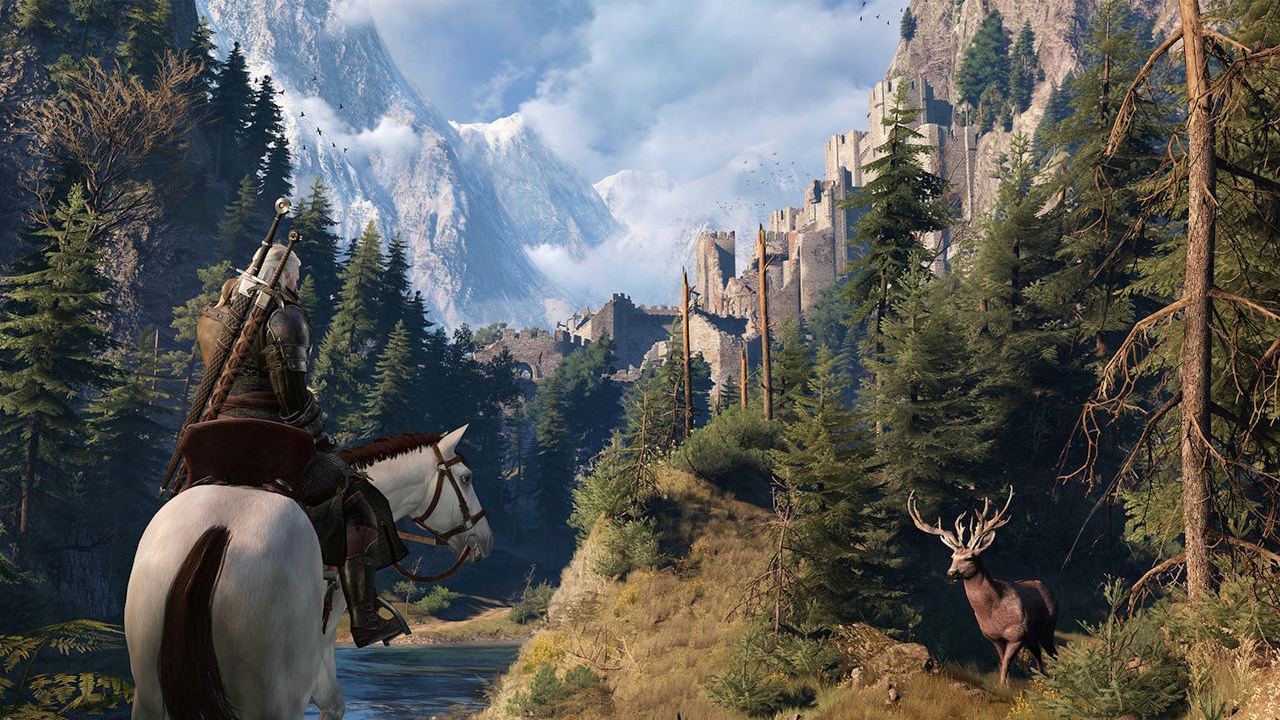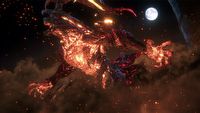Chinese Use The Witcher 3 and RDR2 to Train New AI
Chinese company Tencent presented a project that could be the first step toward AI game engines. GameGen-O is designed to streamline and simplify their development process.

The capabilities of artificial intelligence are growing at an almost alarming rate. Generating images, video materials, and fan dubbing is now commonplace. However, the Chinese company Tencent went a step further and recently published a project that could provide the foundation for AI game engines.
GameGen-O Engine
GameGen-O is the first diffusion transformer model tailored for the generation of open-world video games.
As we read on the official website of the project, GameGen-O allows the generation – within the public domain – of many high-quality elements, such as characters, dynamic environments, complex actions, and events. The aim is to improve and simplify the game development process, thus reducing the time and resources needed.
The model uses data from “over 100 next-generation open-world games” for training. These include titles such as The Witcher 3: Wild Hunt, Grand Theft Auto V, Cyberpunk 2077, and Assassin's Creed: Valhalla. I won't go into detail about the training process, as it's a purely technical aspect, and I'll move on to the most important part – the outcomes. You can see them below, whereas, on the project's website, they have been categorized into different sections.
At first glance, it's clear that there's still a lot of room for improvement, but this could be a significant milestone in video game development. Furthermore, not only developers will use this tool, but also ordinary users will have the ability to create virtual worlds freely (it is interesting to note that even industry legend Peter Molyneux recently discussed this). If this technology develops enough, it could have a significant impact on gamedev as a whole.
Our editorial team also contacted CD Projekt RED for a comment on this matter. The company has assured us that they are looking into the matter but are currently refraining from making any comments. What do you think CD Projekt RED should do?
When observing a project like this, it's hard not to ask yourself: Is this the future of gaming? It's probably even more difficult to answer. On the one hand, this type of tool could significantly shorten the game development process, which in the case of AAA titles takes many years. On the other hand, it may raise concerns that games will become more generic and reproductive (not that there aren't already shortages of those). We'll see what comes out of this over time.
- New quasi-DLC for The Witcher 3 lets Geralt explore an unknown place and additional features
- „They really didn't believe it was possible.” CD Projekt's CEO on how hard it was to sell the idea for The Witcher 3
- CD Projekt's CEO was afraid that players wouldn't understand The Witcher 3. Then came unexpected help
0

Author: Martin Bukowski
Graduate of Electronics and Telecommunications at the Gdańsk University of Technology, who decided to dedicate his life to video games. In his childhood, he would get lost in the Gothic's Valley of Mines and "grind for gold" in League of Legends. Twenty years later, games still entertain him just as much. Today, he considers the Persona series and soulslike titles from From Software as his favorite games. He avoids consoles, and a special place in his heart is reserved for PC. In his spare time, he works as a translator, is creating his first game, or spends time watching movies and series (mainly animated ones).
Latest News
- End of remote work and 60 hours a week. Demo of Naughty Dog's new game was born amid a crunch atmosphere
- She's the new Lara Croft, but she still lives in fear. Trauma after Perfect Dark changed the actress' approach to the industry
- „A lot has become lost in translation.” Swen Vincke suggests that the scandal surrounding Divinity is a big misunderstanding
- Stuck in development limbo for years, ARK 2 is now planned for 2028
- Few people know about it, but it's an RPG mixing Dark Souls and NieR that has received excellent reviews on Steam, and its first DLC will be released soon


